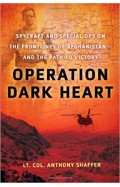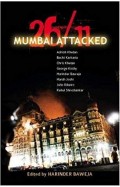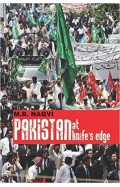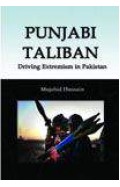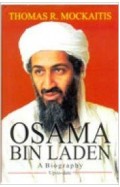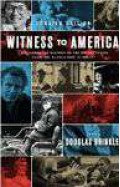Without Precedent
By: Thomas H. Kean
-
Rs 445.50
- Rs 990.00
- 55%
You save Rs 544.50.
Due to constant currency fluctuation, prices are subject to change with or without notice.
We are offering a high discount due to slightly damage.
In the words of the commission’s co-chairmen, this is the compelling inside story of how the National Commission on Terrorist Attacks Upon the United States—more commonly known as the 9/11 Commission—managed to succeed against all odds in producing a report that made clear what went wrong and why.
The mandate of the 9/11 Commission was daunting and all-encompassing. In its investigation of the events leading up to and including September 11, 2001, the commission had to examine U.S. diplomacy, military policy, intelligence agencies, law enforcement, border and aviation security, and congressional oversight, as well as the immediate response to the terrorist attacks, while also investigating the lethal enemy al Qaeda.
The creation of the 9/11 Commission was blocked for months by the Bush administration, and after its inception in December 2002 the commission spent months mired in a series of controversies—the resignation of its first chairman, Henry Kissinger, and vice-chairman, George Mitchell; an inadequate budget; an extraordinarily polarized atmosphere leading up to the 2004 presidential election; the conflicting demands of various interest groups; the distrust of the victims’ families; difficulties in obtaining access to highly classified documents and to al Qaeda detainees; and a media eager to record stumbles and gaffes. The obstacles were great, and the expectations for a blue-ribbon panel are never high—yet somehow the 9/11 Commission overcame everything that might have thwarted it and succeeded beyond anyone’s greatest expectation, holding a series of hearings that riveted the nation, producing a unanimous and widely heralded report that became a national best seller, and issuing recommendations that led to the most significant reform of America’s national security agencies in decades.
The 9/11 Commission report slaked the national thirst for accountability. Here for the first time is the story of how the commission came together to produce its landmark document.
We are offering a high discount due to slightly damage.
In the words of the commission’s co-chairmen, this is the compelling inside story of how the National Commission on Terrorist Attacks Upon the United States—more commonly known as the 9/11 Commission—managed to succeed against all odds in producing a report that made clear what went wrong and why.
The mandate of the 9/11 Commission was daunting and all-encompassing. In its investigation of the events leading up to and including September 11, 2001, the commission had to examine U.S. diplomacy, military policy, intelligence agencies, law enforcement, border and aviation security, and congressional oversight, as well as the immediate response to the terrorist attacks, while also investigating the lethal enemy al Qaeda.
The creation of the 9/11 Commission was blocked for months by the Bush administration, and after its inception in December 2002 the commission spent months mired in a series of controversies—the resignation of its first chairman, Henry Kissinger, and vice-chairman, George Mitchell; an inadequate budget; an extraordinarily polarized atmosphere leading up to the 2004 presidential election; the conflicting demands of various interest groups; the distrust of the victims’ families; difficulties in obtaining access to highly classified documents and to al Qaeda detainees; and a media eager to record stumbles and gaffes. The obstacles were great, and the expectations for a blue-ribbon panel are never high—yet somehow the 9/11 Commission overcame everything that might have thwarted it and succeeded beyond anyone’s greatest expectation, holding a series of hearings that riveted the nation, producing a unanimous and widely heralded report that became a national best seller, and issuing recommendations that led to the most significant reform of America’s national security agencies in decades.
The 9/11 Commission report slaked the national thirst for accountability. Here for the first time is the story of how the commission came together to produce its landmark document.
Zubin Mehta: A Musical Journey (An Authorized Biography)
By: VOID - Bakhtiar K. Dadabhoy
Rs 472.50 Rs 1,050.00 Ex Tax :Rs 472.50
Myths Illusions and Peace: Finding a New Direction for America in the Middle East
By: Dennis Ross
Rs 876.00 Rs 1,095.00 Ex Tax :Rs 876.00
Operation Dark Heart: Spycraft And Special Ops On The Frontlines Of Afghanistan And The Path To Victory
By: Anthony Shaffer
Rs 1,800.00 Rs 2,250.00 Ex Tax :Rs 1,800.00
Anna Hazare: The Face Of Indias Fight Against Corruption
By: Pradeep Thakur
Rs 225.00 Rs 300.00 Ex Tax :Rs 225.00
How To Win A Cosmic War God Globalization And The End Of War
By: Reza Aslan
Rs 556.00 Rs 695.00 Ex Tax :Rs 556.00
Witness To America: A Documentary History Of The United States From The Revolution To Today
By: Douglas Brinkley
Rs 3,996.00 Rs 4,995.00 Ex Tax :Rs 3,996.00
No similar books from this author available at the moment.
No recently viewed books available at the moment.
Zubin Mehta: A Musical Journey (An Authorized Biography)
By: VOID - Bakhtiar K. Dadabhoy
Rs 472.50 Rs 1,050.00 Ex Tax :Rs 472.50











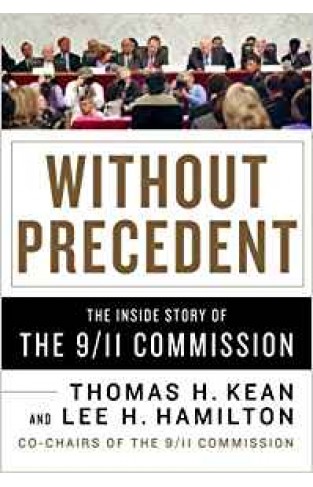

-120x187.jpg?q6)






